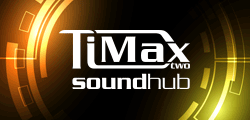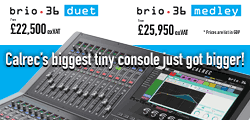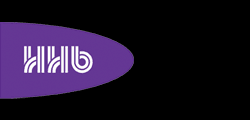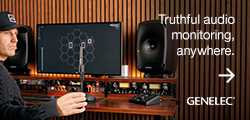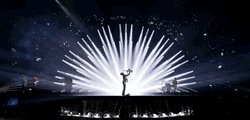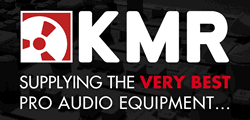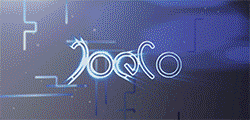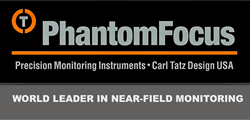Spitfire Audio has announced Labs Glass Piano – a new plug-in in its Labs line of free software instruments.
 Labs Glass Piano captures the sound of Philip Glass’ baby grand piano, the instrument on which he has written all of his compositions over the past 30 years, recorded in the same room it has occupied since acquisition at the composer’s home in Manhattan.
Labs Glass Piano captures the sound of Philip Glass’ baby grand piano, the instrument on which he has written all of his compositions over the past 30 years, recorded in the same room it has occupied since acquisition at the composer’s home in Manhattan.
The celebrated composer’s breadth of work over the past 30 years includes The Piano Etudes, all of his Academy Award-nominated film scores (such as Kundun, Notes on a Scandal and The Hours), 14 symphonies, as well as operas Galileo Galilei and In the Penal Colony –all written on this beloved baby grand.
Glass himself hopes that this collaboration with Spitfire Audio will open a small viewing window into his world of writing, practicing, and performing. ‘It’s not just the piano and its sound, it’s the room it’s in – the density of the walls and floorboards and the temperature,; he sats. ‘It’s how young or old a piano is; it’s even how the keys are varnished. My piano has a heavy action. Just like people, pianos have personalities. If you look at all 88 keys, the piano is different in different places. The lower octaves of my piano are not meant to be bold and aggressive. They are meant to be beautiful and spiritual, and that’s how they sound.’
Labs Glass Piano’s six presets – Glass Grand, Glass Grand Soft, Anthem, Floe, Metamorphosis and North Star – are accompanied by easy-to-use expression, dynamics, attack, reverb, tightness and release controls. Combining these to put the sound of Philip Glass’ baby grand into anyone’s hands, Labs Glass Piano is suited to both beginners and professionals, thanks to the simple user interface.
‘My piano has been my piano for 30 years... the way I want it to sound,’ Glass says.
Glass Piano is available as an AAX, AU, VST2 and VST3 plug-in, supporting Native Instruments’ NKS for Mac (OS X 10.10 or later) and Windows (7, 8, and 10 latest Service Pack) that loads directly into any compatible DAW.


